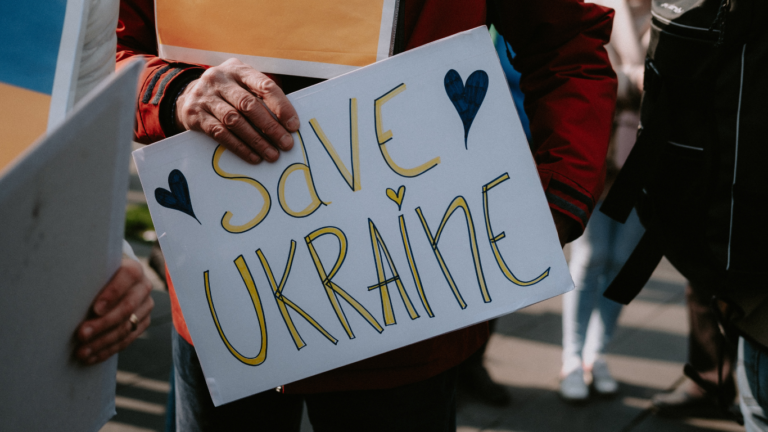Embarking on a journey through the intricate landscape of surrogacy laws across the globe unveils a tapestry of diverse legal frameworks, cultural norms, and ethical considerations. In this comprehensive exploration, we delve into the complexities surrounding surrogacy legislation in different countries. From the shores of the United States to the bustling streets of Colombia, each nation offers a unique perspective on the rights and responsibilities of intended parents, surrogate mothers, and the offspring brought into the world through surrogacy arrangements. Join us as we navigate through the legal intricacies and societal perspectives shaping the practice of surrogacy worldwide.
Here are some pointers for assessing the legality of surrogacy in your selected country:
- Always refer directly to the relevant legal documents such as laws, bills, regulations, or pertinent court cases. Relying solely on secondhand information may lead to misunderstandings. While you may not grasp every detail, familiarizing yourself with the law’s content is crucial.
- Adherence to the specific laws of a country is paramount for ensuring a safe and trouble-free surrogacy journey. Straying from these legal guidelines could result in unforeseen complications or legal issues.
- Honesty is key when dealing with authorities regarding your circumstances or relationship status. Misrepresenting facts or lying about your situation can jeopardize the legality and success of your surrogacy arrangements.
- Avoid any involvement in fraudulent activities related to documentation or permits, either directly or through proxies. Engaging in fraudulent behavior can have serious legal consequences and undermine the integrity of the surrogacy process.
Our research has uncovered 37 countries that permit surrogacy to one degree or another. The good news is that there are choices, but the bad news is that there are so many to choose from!
Last Updated: April 2024
Help Us Keep Our Content Accurate!
Your feedback is invaluable to us in maintaining the accuracy of our content. If you come across any inaccuracies or have information that you believe should be included or updated on our site, please don’t hesitate to reach out to us. Thank you for your assistance in making our website a trusted resource for all.

















